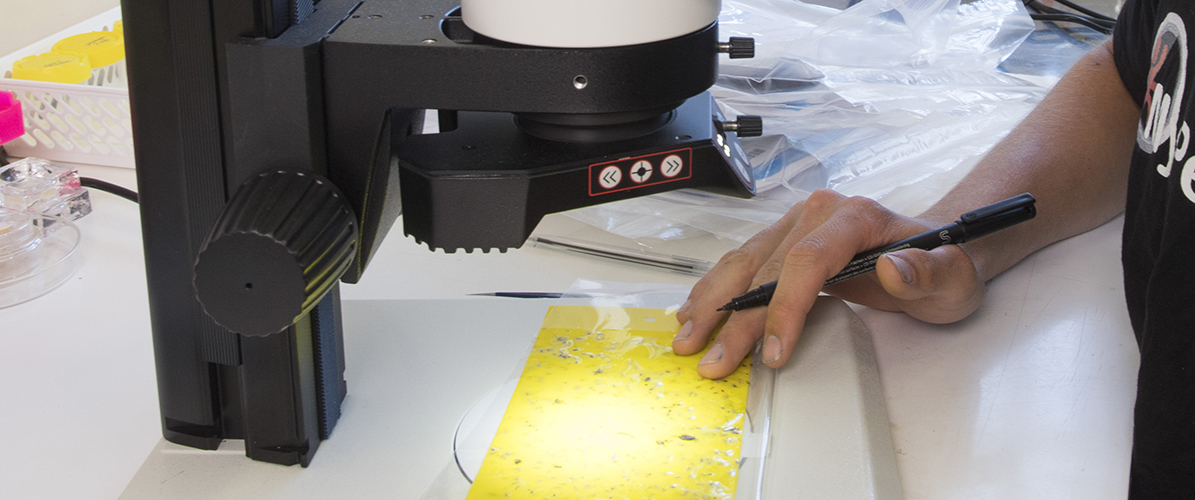DPIRD WA releases June update on TPP response
The Department of Primary Industries and Regional Development Western Australia (DPIRD WA) has released the latest industry update on the presence of the tomato potato psyllid (TPP) in the state.
This update, which is available in English or Vietnamese, contains information on a range of related areas, including the wind-up of the transition to management phase for the response, a snapshot of results from TPP research and development, and reminders about pre-harvest control options and the Quarantine Area currently in place in Western Australia.
Importantly, with the transition to management plan now concluded, there continues to be no detection of Candidatus Liberibacter solanacearum (CLso) in Australia to date. CLso is associated with TPP in other parts of the world and causes the damaging zebra chip disease in potatoes.
The TPP research and development profiled in this latest industry update includes:
- Laboratory trials on insecticides
- Laboratory trials on biological control agents (BCAs)
- Glasshouse trials on the efficacy of insecticides with BCAs against TPP in capsicum, tomato and potato
- Laboratory trials on post-harvest disinfestation
To keep up with all new information coming out of Western Australia about the response to TPP, make sure to check DPIRD WA’s industry updates page.
For a summary of the now-completed transition to management plan and its role in the response to TPP, watch the latest episode of InfoVeg TV, where we spoke to DPIRD WA’s Rohan Prince and AUSVEG’s Alan Nankivell about the plan.
For more information contact AUSVEG Biosecurity Officer Madeleine Quirk on 03 9882 0277 or at madeleine.quirk@ausveg.com.au.
This post appeared in the AUSVEG Weekly Update published 12 June 2018. Subscribe to the Update using our online form to receive the latest industry news in your inbox every week!

